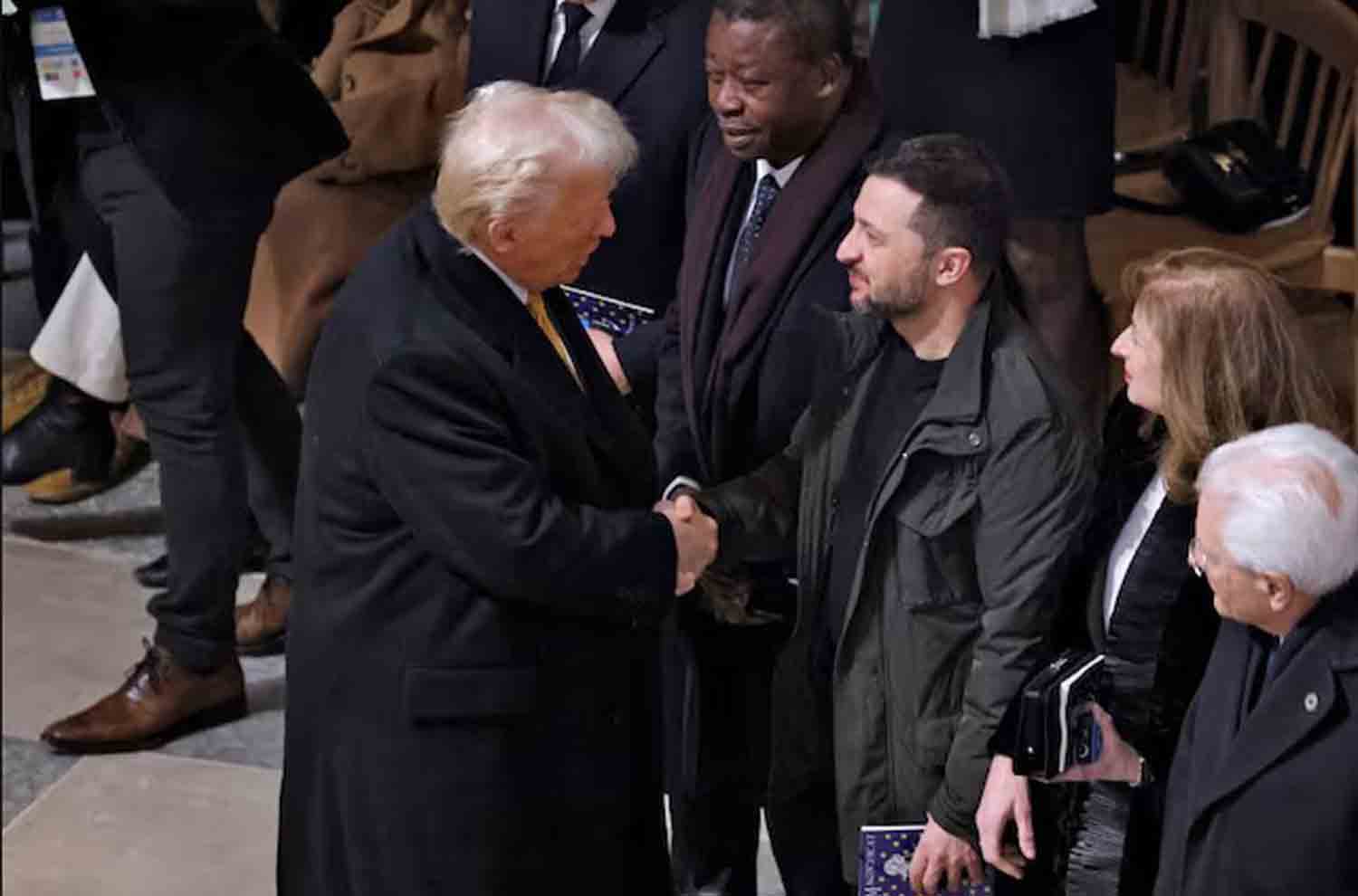On Wednesday, analysts specializing in foreign affairs and defense from Pakistan criticized the Indian media for its provocative rhetoric regarding the recent incident in Indian-administered Kashmir. They cautioned that any military response from New Delhi would necessitate a reaction from Pakistan, thereby threatening regional stability.
The tragic event occurred on Tuesday afternoon when twenty-six individuals were shot at a tourist destination in Indian-administered Kashmir. The assault took place in Pahalgam, a well-known resort in the Anantnag district, where assailants emerged from the surrounding forest and opened fire on a crowd primarily composed of domestic tourists.
In response to this deadliest attack on civilians in the region in decades, India‘s defense minister pledged a decisive and unmistakable retaliation against both the perpetrators and the masterminds behind the attack, while Pakistan expressed its concerns regarding the incident. A relatively obscure militant organization, the ‘Kashmir Resistance,’ took responsibility for the attack via a social media post, claiming that over 85,000 ‘outsiders’ had settled in the area after coming as tourists and threatening violence against such settlers.
Since 1947, Kashmir has been a contested territory between India and Pakistan, both of which claim it in full but govern only parts of it. The region has suffered from prolonged insurgent violence, which New Delhi alleges is backed by Islamabad. Pakistan refutes these claims, asserting that it only offers diplomatic support to Kashmiris in their quest for self-determination.
Historically, such incidents have exacerbated tensions between India and Pakistan. For instance, a suicide bombing in Pulwama in 2019 resulted in the deaths of 40 Indian paramilitary personnel and led to cross-border airstrikes, bringing the two nations to the brink of war.
Aizaz Ahmed Chaudhary, a former Pakistani foreign secretary, expressed to Arab News that it is regrettable to hastily assign blame to Pakistan without thorough investigation or evidence, and to engage in warmongering. He suggested that India should approach the incident with a level-headed investigation, noting that Pakistan might be willing to assist in this inquiry.
Chaudhary emphasized that dialogue with Pakistan could facilitate identifying the true culprits who deserve punishment.
Additionally, retired Lt. Gen. Ghulam Mustafa, a geopolitical and defense analyst, characterized the attack as a ‘false flag operation,’ claiming it was strategically timed with US Vice President JD Vance’s visit to India. He criticized the Indian media’s portrayal of the situation, stating that India has generated considerable hype around the issue and must now take action, potentially against Pakistan along the Line of Control.
Former diplomat Masood Khalid expressed regret over the Indian media’s frenzied accusations against Pakistan, lacking any substantiated evidence. He questioned how militants could penetrate deep into the occupied territory of Indian-administered Kashmir with over 700,000 Indian troops stationed there. Khalid expressed hope that India would acknowledge the concerns of the Kashmiri people, who are fighting for their right to self-determination.
Dr. Qamar Cheema, executive director of the Sanober Institute, a think tank focused on Pakistan and South Asian issues, noted that India might further deteriorate its relations with Pakistan due to the delicate nature of the situation. He pointed out that the Indian media, which often reflects government perspectives, can influence public opinion in a way that legitimizes military actions against Pakistan, especially since the Indian defense minister has already conferred with military leaders.
Chaudhary stated that any military action by India against Pakistan would be deemed highly irresponsible. He emphasized that Pakistan possesses the capability to defend itself and would not remain passive; thus, India should refrain from such actions as they could have severe repercussions for the entire region.
Khalid concurred, asserting that Pakistan would be fully prepared to counter any aggressive actions from India.
A security official, speaking anonymously, noted that India was attempting to shift focus from the incident, despite the TRF already claiming responsibility for the attack. He questioned whether the implications of this panic had been considered, warning that Pakistan would not stay inactive in response to any cross-border actions, which could disrupt regional stability.
Discover more from Defence Talks | Defense News Hub, Military Updates, Security Insights
Subscribe to get the latest posts sent to your email.





